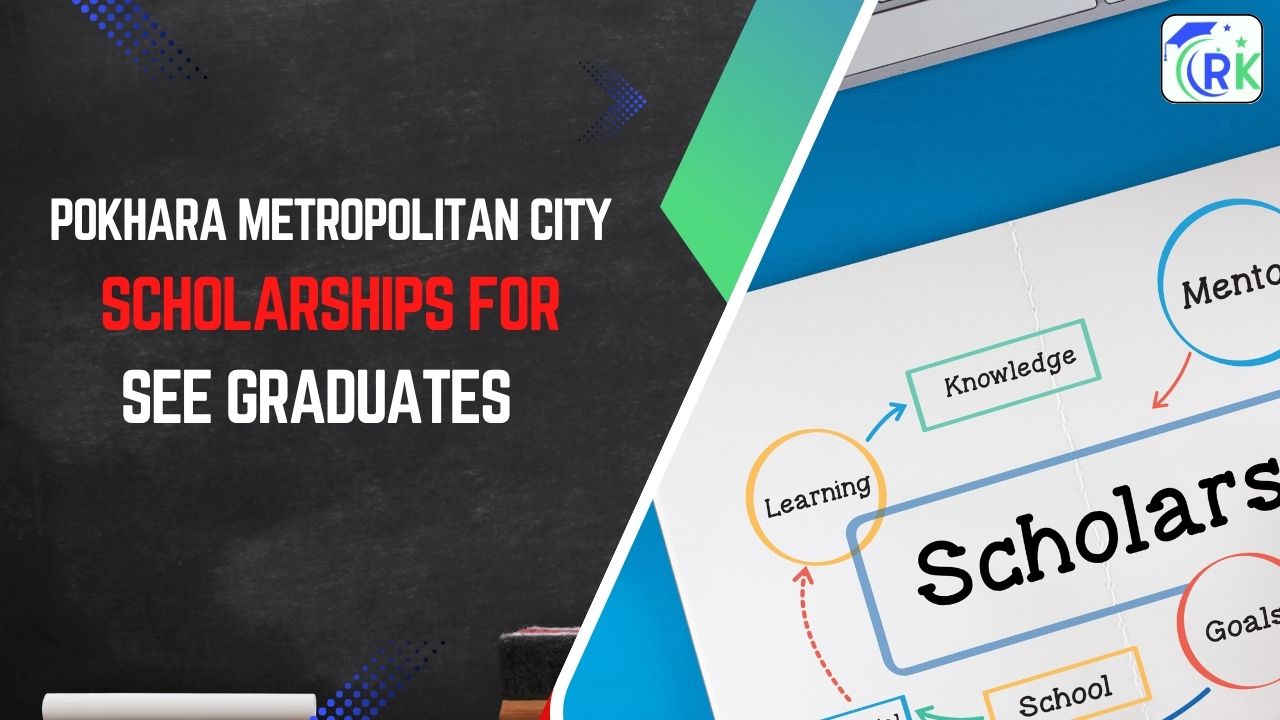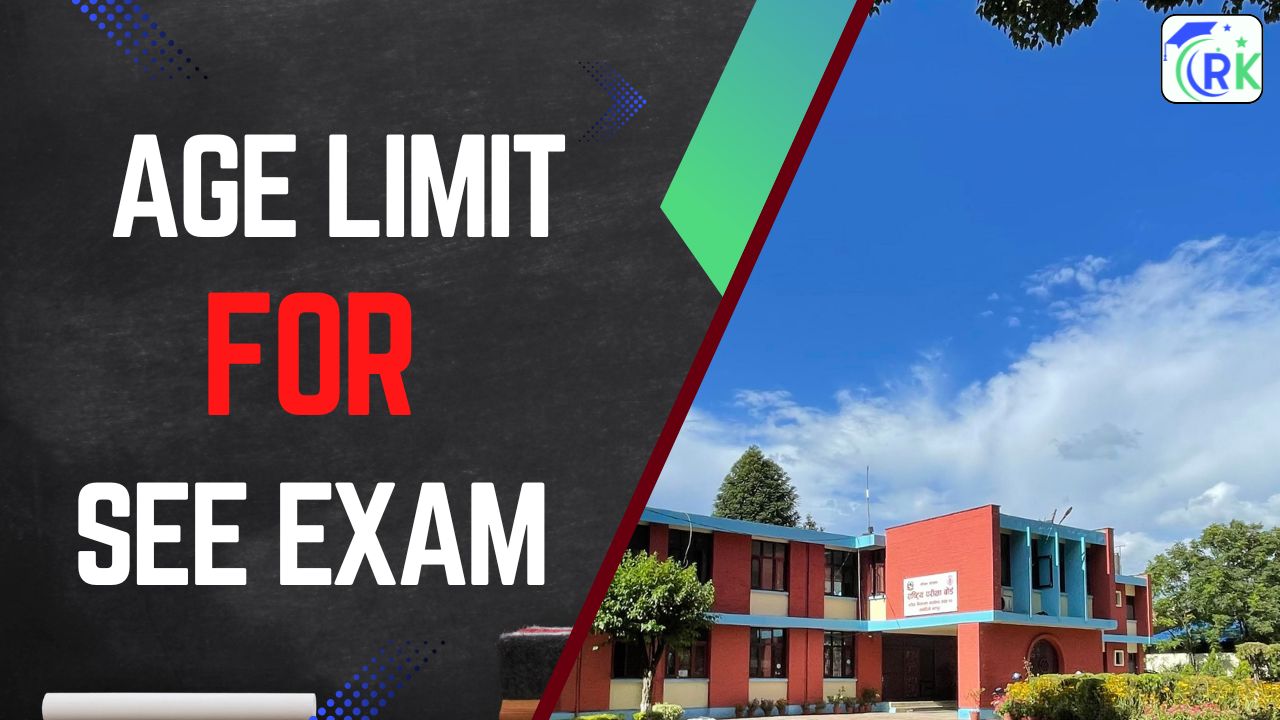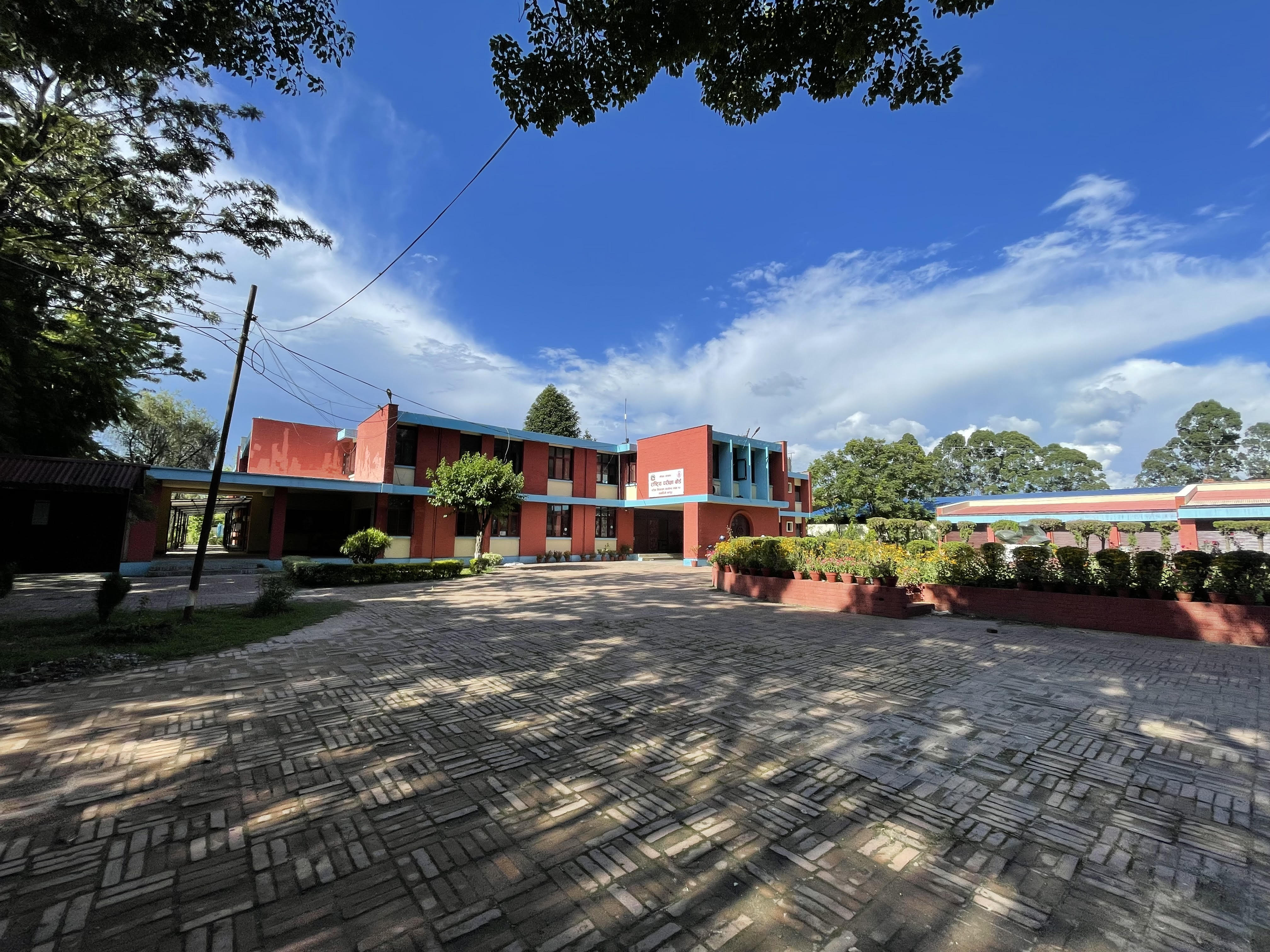What to Study in Bachelor for a Future-Proof Job .
Choosing what to study is one of the biggest decisions we make — especially in a time when the world is changing faster than ever. For Nepali students, this decision isn’t just about getting a degree; it’s about building a life, possibly abroad, and preparing for jobs that won’t disappear in a few years.
So, how do you choose something that’s not only practical but also future-proof?
Let’s break it down.
1. Tech is Still the Future – But Choose Wisely
Everyone says “IT is the future,” and that’s true — but the field is wide. You don’t need to be a genius to do well here; you just need to pick the right path and stay consistent.
In Nepal, popular tech degrees like BCA (Bachelor of Computer Application), CSIT (Computer Science and Information Technology), and BIT are great options. These give you a strong base in programming, data structures, networking, and web development.
But tech goes beyond basic coding now. Areas like artificial intelligence, machine learning, data analysis, and cybersecurity are in high demand globally. If you’re aiming to go abroad or want remote freelance jobs, these skills are your ticket in. You can also build a solid portfolio while still in college through internships or open-source projects.
What matters more than the degree is what you do with it — build projects, contribute online, keep learning.
2. Healthcare – A Field That Never Goes Out of Style
No matter how advanced technology becomes, we’ll always need healthcare workers. For students who are science-focused but not interested in coding, this is a smart and stable path.
In Nepal and abroad, there’s a huge demand for nurses, lab technicians, and public health officers. A degree in B.Sc. Nursing, BPH (Bachelor of Public Health), or Medical Lab Technology (MLT) can lead to a secure job both locally and internationally.
And if you’re thinking long-term, Nepal’s healthcare system is still developing. There’s opportunity here to grow, serve your community, or even start your own clinic or diagnostic center someday.
3. Business and Management – Still Relevant (With a Twist)
Studying business is nothing new, but how you apply it makes all the difference. Traditional BBS degrees are becoming outdated, but programs like BBA, BHM (Hotel Management), or entrepreneurship-focused courses are getting more attention.
The trick is to combine business skills with modern tools. Learn digital marketing, data analytics, or even e-commerce. Many Nepali students are already running small online businesses from their laptops — imagine what’s possible with proper business knowledge.
4. Skilled Professions – Don’t Underestimate Them
Not everyone has to go the university route. In fact, many students who learn skilled trades like electrical work, plumbing, mechanics, or culinary arts end up working in high-paying jobs abroad.
Programs from CTEVT or diplomas in technical fields can open doors in places like Japan, Australia, and the Gulf. These jobs are stable, respected, and often pay better than entry-level office jobs — especially when you gain experience.
This is a solid choice if you want a practical skill and are planning to go abroad soon.
5. Bonus: Combine Passion + Practicality
If you’re passionate about something creative — writing, filmmaking, music, or design — don’t ignore it. But also be practical. For example, if you love drawing, consider learning UI/UX design or graphic design with tools like Figma or Adobe. If you love writing, think about content marketing or SEO writing.
In today’s world, many “passion-based” careers can be future-proof — if you pair them with the right digital skills.
Final Thoughts
The job market is changing — and it’s okay not to have all the answers right now. But one thing is clear: flexibility, digital skills, and real-world experience matter more than ever.
As a Nepali student, you have the drive, the discipline, and often, the dream of doing something better — either here or abroad. So choose your path with confidence. Learn skills that evolve. Focus on growing, not just graduating.
Your future isn’t just in a degree — it’s in how you use it.








